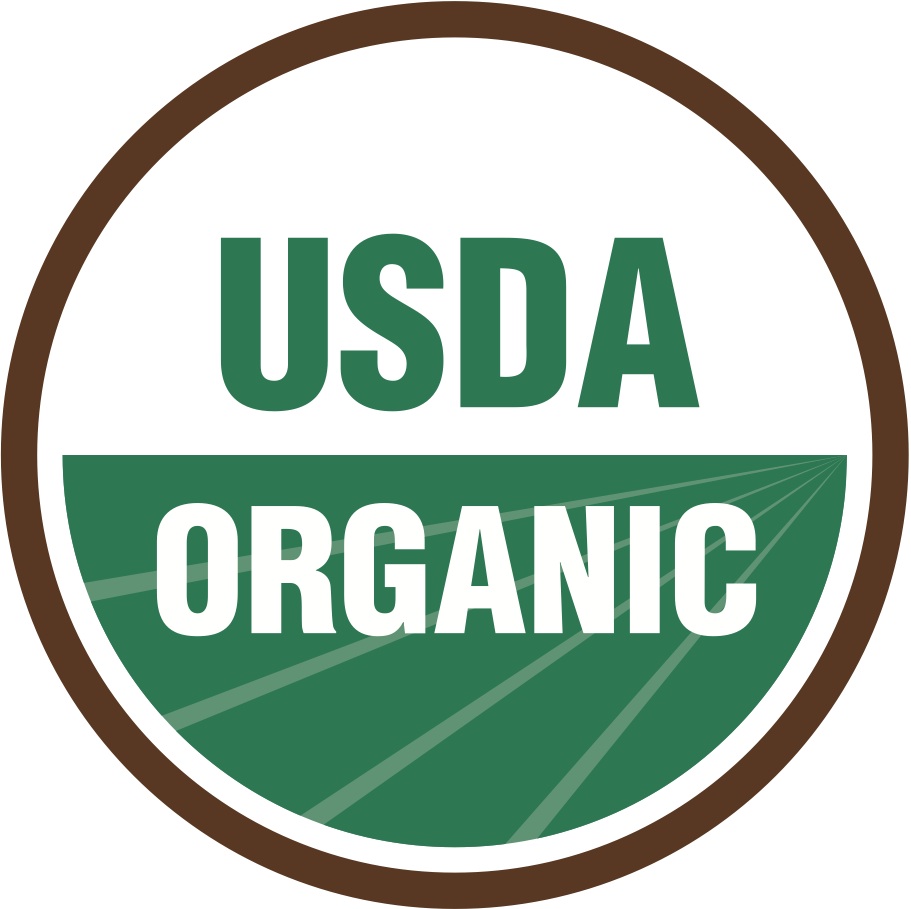Certified Organic - What Does it Mean?
Posted by Teatulia on 3-5-2013
The term organic is used to describe a complete, ecologically balanced approach to farming. Organic growers use traditional farming methods to conserve and improve soil conditions, which provide a sustainable agricultural solution.

Organic Does Not Contain Synthetic Chemicals Or Pesticides
Conventional growers manage pests and disease using synthetic pesticides and feed plants with chemical fertilizers. These pesticides and chemicals leave residues that can be ingested when the plant is consumed. The USDAclaims that an organic plant carries significantly fewer pesticide residues than a conventional plant.
Organic Helps Conserve And Protect The Environment
The pesticides and chemicals are transferred into groundwater and can pollute water in nearby streams, rivers and lakes. They can also rid the soil of its nutrients, destroy the soil structure, and leave the ground vulnerable to erosion.
Organic growers feed plants and soil with natural fertilizers—such as manure or compost—and use natural pesticides and beneficial insects to help manage pests and disease.
“Organic production is not simply the avoidance of conventional chemical inputs, nor is it the substitution of natural inputs for synthetic ones. Organic farmers apply techniques first used thousands of years ago, such as crop rotations and the use of composted animal manures and green manure crops, in ways that are economically sustainable in today’s world.” – USDA
Organic Tastes Better
Taste is definitely an individual preference, but an increasing number of consumers believe organic plants have a superior taste and quality. Because organic food is grown in well-balanced soil, it makes sense that these healthy plants have a great taste.
- Organic plants that do not contain pesticides tend to build up higher levels of flavor-producing phytochemicals in order to defend themselves against their natural predators.
- Organic plants are often allowed to blossom and ripen at their own natural pace, instead of being sped to harvest with chemical feed. This allows them time to develop more of their natural sugars and other chemical compounds which contribute to the plant’s final flavor.
- Organic crops benefit from soil that is higher in nutrients, so plants are better nourished and fed.
USDA-Certified Organic is a Process
The USDA established a rigorous, government-regulated organic certification program that states how foods must be grown and processed to be labeled organic. A government-approved certifier must inspect the farm where the food is grown to make sure it is following all USDA organic standards.
The certification process is not only time consuming but the certification standards are extremely demanding, guaranteeing consumers that when they buy something labeled organic they’re buying a product free of toxic chemicals, and supports farming methods that benefit the environment.
Organic and Teatulia’s Mission
Teatulia’s mission is to support the land and the people while producing top-quality tea. Because we use natural farming practices that don’t harm the environment, we’ve created a diverse and thriving environment that is highly sustainable and provides a bright future for the Bangladeshi men and women who help cultivate our exquisite teas, so it only makes sense that we are a USDA-certified organic tea garden!

